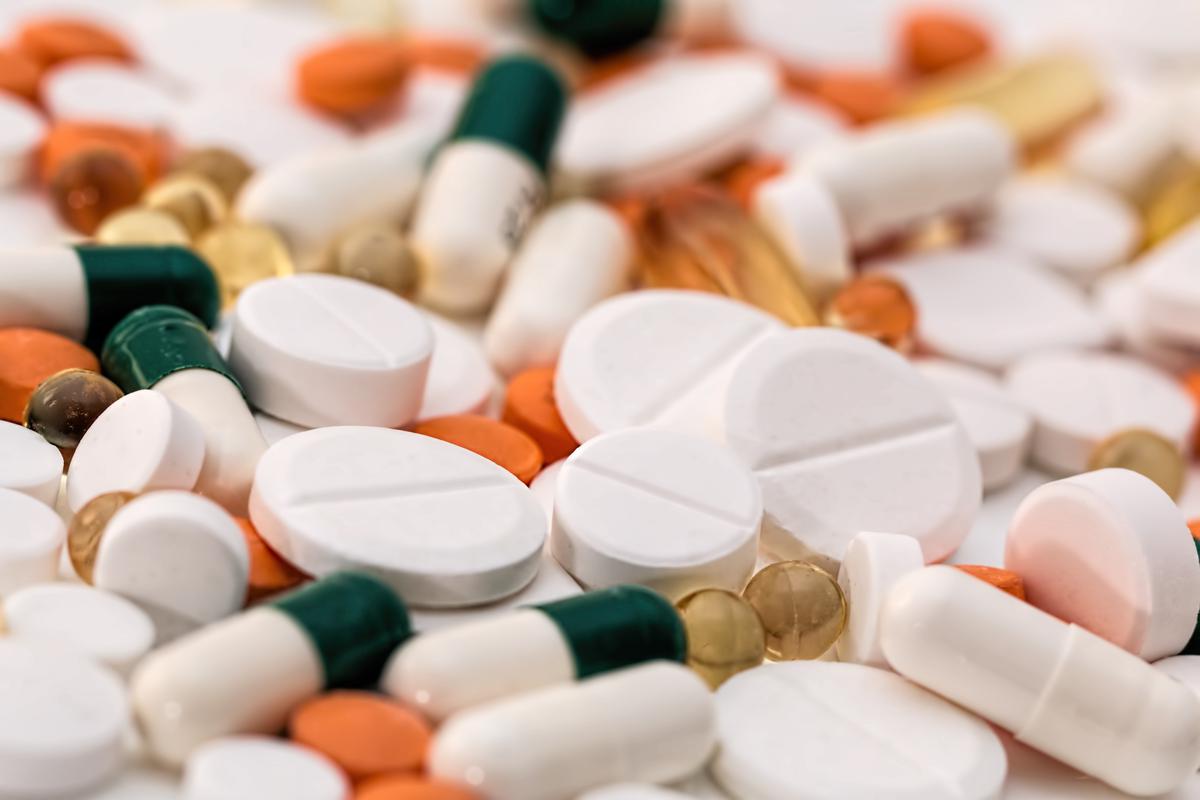Prices for 384 essential drugs and over 1,000 formulations are set to increase by more than 11% as the Wholesale Price Index rises sharply. (WPI).

Customer Implications
- The WPI is used to calculate annual price increases for medicines on the National List of Essential Medicines (NLEM).
- Consumers will have to pay more for regular and necessary drugs, such as pain relievers, anti-infection drugs, cardiac drugs, and antibiotics, as a result of the price increase.
What are Essential Medicines?
- Essential medicines, according to the World Health Organization (WHO), are those that meet the population’s most pressing healthcare requirements.
- As a result, the Ministry of Health and Family Welfare prepared and published India’s first National List of Essential Medicines (NLEM) in 1996, which included 279 medicines.
- The list is compiled with illness prevalence, efficacy, safety, and comparative cost-effectiveness in mind.
- Such medications are meant to be available in sufficient quantities, in appropriate dosage forms and strengths, and with guaranteed quality.
- They should be affordable to a person or a community.
NLEM in India
- Because the National Pharmaceutical Pricing Authority (NPPA) caps medicine costs and only changes them based on wholesale price index-based inflation, drugs designated under NLEM, also known as scheduled drugs, will be cheaper.
- HIV, tuberculosis, cancer, contraception, hormonal drugs, and anaesthetics are among the anti-infective medications on the list.
- They make for 17-18% of India’s estimated Rs 1.6-trillion pharmaceutical industry.
- Companies that offer non-scheduled drugs can raise prices by up to 10% per year.
- Once NLEM is published, the department of pharmaceuticals under the ministry of chemicals and fertilisers includes it in the Drug Price Control Order, after which the NPPA sets the price.
Who regulates Drugs prices?
Under the Drugs (Prices Control) Order, 1995-2013, the NPPA was established in 1997 to fix/revise prices of controlled bulk drugs and formulations, as well as to enforce price and availability of medicines in the nation.
- Its mandate is to execute and enforce the DPCO’s provisions in accordance with the powers delegated to it.
- To handle all legal issues resulting from the NPPA’s decisions.
- Monitoring drug supply, identifying shortages, and taking corrective action
The NPPA is also tasked with collecting and maintaining data on production, exports and imports, market share of individual companies, profitability of companies, and so on, for bulk drugs and formulations, as well as undertaking and/or sponsoring pertinent studies on drug/ pharmaceutical pricing.
What is the selling mechanism?
- The drug regulator allows an increase in Scheduled Drug prices each year in accordance with the Wholesale Price Index (WPI), and the yearly change is controlled and rarely exceeds 5%.
- However, pharmaceutical industry participants noted out that input costs have risen in recent years.
- The pharmaceutical business lobby has long advocated for the increase.
- The prices of all medications covered by the NLEM are regulated.
Source: https://www.thehindu.com/sci-tech/health/price-of-essential-medicines-including-painkillers-antibiotics-set-to-see-a-hike/article66672738.ece
